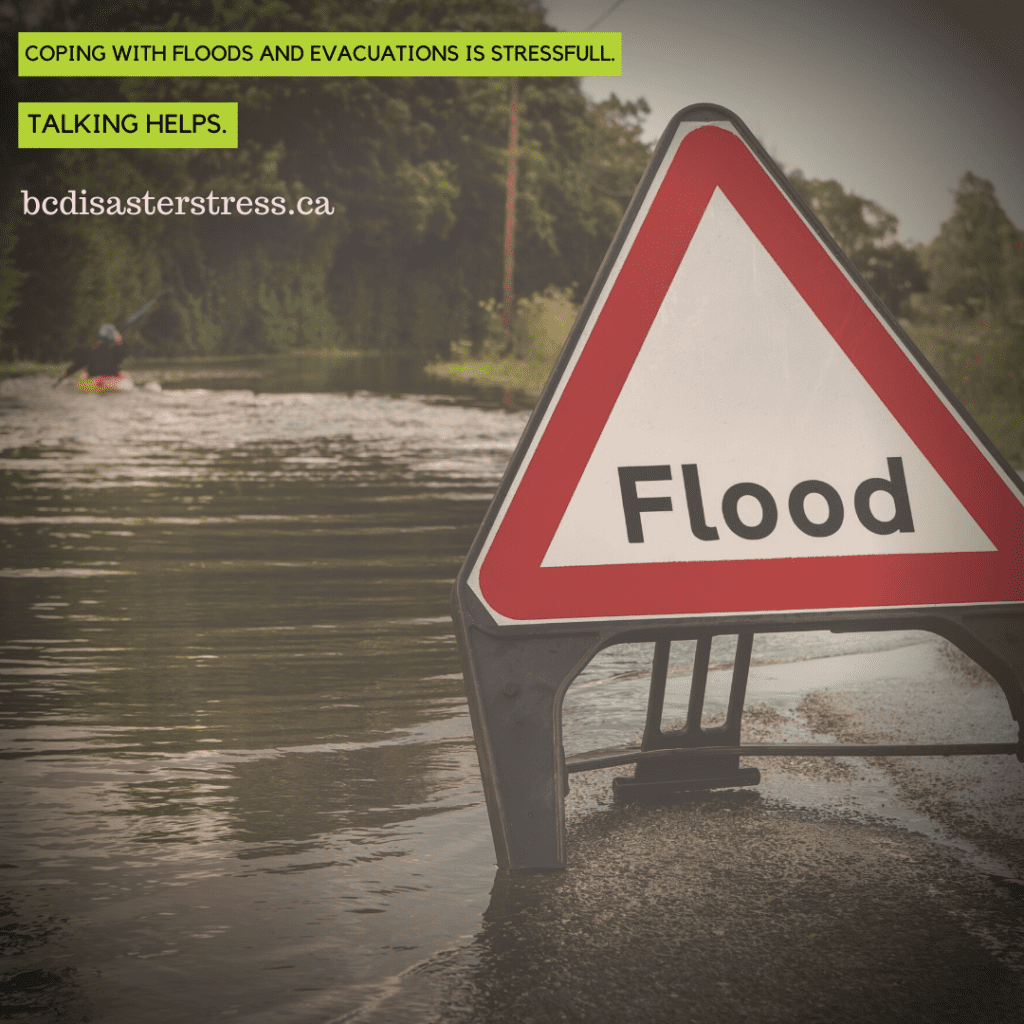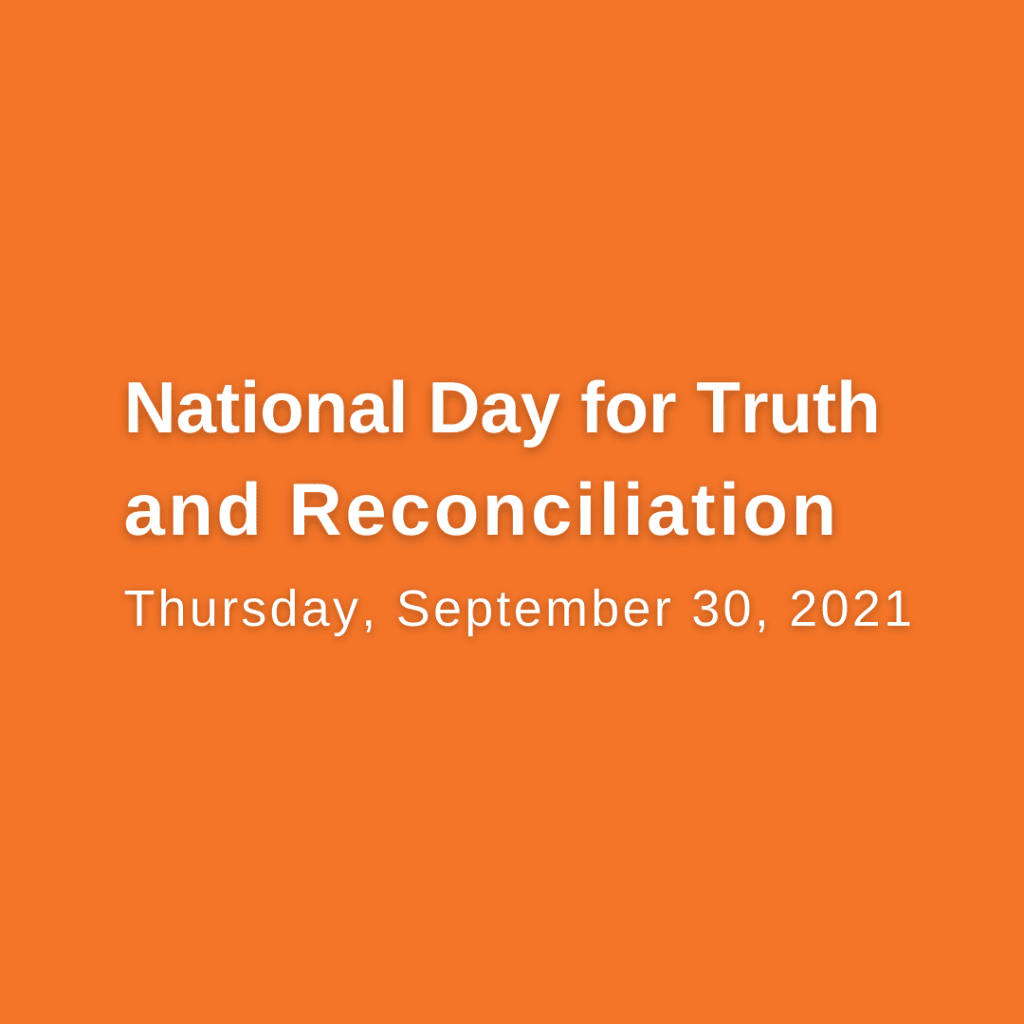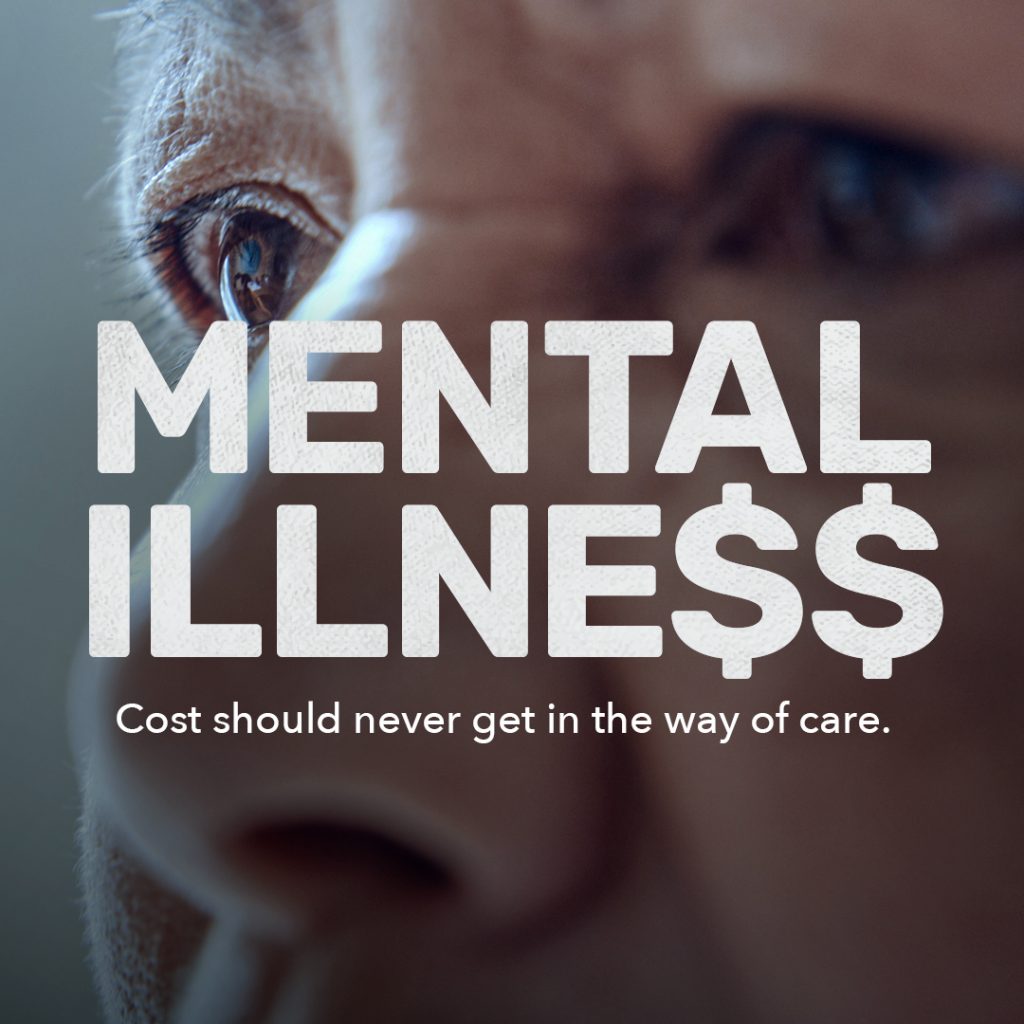CMHA and UBC release data on emotional impact of the pandemic for Mental Health Week
The pandemic is taking an emotional toll on people in Canada, as 77% of adults report feeling so-called negative emotions as a result of the COVID-19 pandemic. The five most common responses across Canada were ‘worried or anxious,’ ‘bored,’ ‘stressed,’ ‘lonely or isolated’ and ‘sad’. This is according to the third round of data from the Assessing the Impacts of COVID-19 on Mental Health national monitoring survey released today by the Canadian Mental Health Association (CMHA) in partnership with UBC researchers to mark CMHA’s 70th annual Mental Health Week.
“While it’s discouraging to think that so many Canadians are feeling upset, difficult emotions may actually be an appropriate response to a major event like a global pandemic,” says Margaret Eaton, National CEO of CMHA. “It’s a sign of good mental health when someone can experience a full range of emotions, and recognize, understand and manage how they feel—even when it’s uncomfortable. Being able to make an emotional connection is also part of how we seek comfort and reassurance from people in our lives.”
Emotions represent our inner mental states. They arise in response to life events and experiences and can initiate changes in the body and in our behaviours. Some emotions are a positive experience, such as feeling calm, hopeful or secure and others are more challenging, such as anxiety, sadness, anger and hopelessness. Our emotional responses to significant events, such as the COVID-19 pandemic, both reflect and contribute to our overall mental health status.
“Good mental health is not about being happy all the time, but having appropriate emotional and behavioural responses to stressors and life events,” says lead researcher Emily Jenkins, a professor of nursing at UBC who studies mental health and substance use. The pandemic has caused significant loss—of loved ones, of connection, of feelings of security. This can contribute to very challenging emotions that are important to acknowledge and process. Hiding your emotions can prevent you from communicating with other people in your life and empathizing with what loved ones are going through. Sharing our very normal feelings of sadness, fear and worry is particularly important during this unusual time of stress, uncertainty and loss.”
Research shows that putting your negative emotions into words disrupts and reduces activity in the amygdala, the part of your brain that drives your responses to stress and fear. Having a specific label for what we’re feeling increases activity in the prefrontal and temporal regions of the brain. The act of naming our emotions can actually help us feel calmer and help us understand what we’re going through.[1]
However, it is important to know when anxious feelings become a cause for concern. Feeling anxious is not the same as having a diagnosed anxiety disorder, but our emotions give us clues to how we’re really doing. Indeed, those experiencing the most challenging emotions related to the pandemic were also the most likely to report a decline in their mental health, as well as suicidal thoughts.
“It’s time to seek help if you are feeling overwhelmed for prolonged periods of time or have persistent feelings of worry, anger or despair,” says Anne Gadermann, co-lead researcher and professor at the School of Population and Public Health, UBC. “Or, if challenging emotions are interrupting your daily functioning, negatively impacting your relationships, your ability to work or enjoy life or causing you to rely on substances to cope. If you are having thoughts or feelings of suicide, you should seek help for your mental health.”
The impact of the COVID-19 pandemic on suicide rates in our society is complex; however, suicidal thoughts and feelings in the general population remain elevated at 8%, compared to 6% in the spring 2020 and 10% in the fall of 2020—substantially higher than the 2.5 per cent observed pre-pandemic in 2016.
Overall, a large number of Canadians (41%) report a decline in their mental health since the onset of the pandemic, compared to 38% in the spring and 40% in the fall of last year. Also, consistent with the first and second rounds of data, the decline is more pronounced in people who are unemployed due to COVID (61%), those with a pre-existing mental health condition (54%), who are aged 18-24 (50%), students (48%), who have a disability (47%) or identify as LGBTQ2+ (46%).
The good news is most Canadians (79%) say they are coping at least fairly well with the stress of the pandemic, using approaches such as: walking or exercising outside (51%), connecting with family and friends virtually (43%), maintaining a healthy lifestyle (40%), keeping up to date with relevant information (38%) and doing a hobby (37%).
Canadians also report they have increased their screen time (57%), are consuming more food (28%), are doing more online shopping for things they don’t need (18%), and are using more substances like drugs and alcohol due to cope with the COVID-19 pandemic (13%).
“Mental health is something we can protect, not just something we can lose,” says Eaton. “Factors that promote well-being include big-picture things like social and economic security, freedom from violence, harm and trauma, and access to mental health resources. It also involves smaller things like making healthier daily choices, connecting with loved ones and learning more about ourselves. When we understand and work with our emotions, this helps protect our mental health—during tough times like the pandemic and throughout all the ups and downs of life.”
The focus of this year’s Mental Health Week is to promote the importance of emotions and the role that understanding them plays in good mental health. Mental Health Week is generously supported by Major Partner Shoppers Drug Mart as well as Westland Insurance, Leith Wheeler, Rogers TV and the Not Myself Today program. To get involved, you can:
- Learn more about mental health and emotions at mentalhealthweek.ca
- Share your support on social media by downloading a toolkit and using hashtags #GetReal and #MentalHealthWeek
- If you or someone you love is struggling, please contact your local CMHA or visit the Government of Canada’s Wellness Together portal. If you are in crisis, please call 1-833-456-4566 toll free in Canada (1-866-277-3553 in Quebec) or dial 911.
About the data
The survey was dispatched by Maru/Matchbox in late January, 2021 to a representative sample of 3,037 people ages 18 and up living in Canada. It is the third round of a national monitoring survey that is also aligned with work being conducted by the Mental Health Foundation in the U.K. To access a complete summary of the findings, please click here .
[1] https://www.psychologicalscience.org/news/releases/that-giant-tarantula-is-terrifying-but-ill-touch-it-expressing-your-emotions-can-reduce-fear.html



Leave a Reply